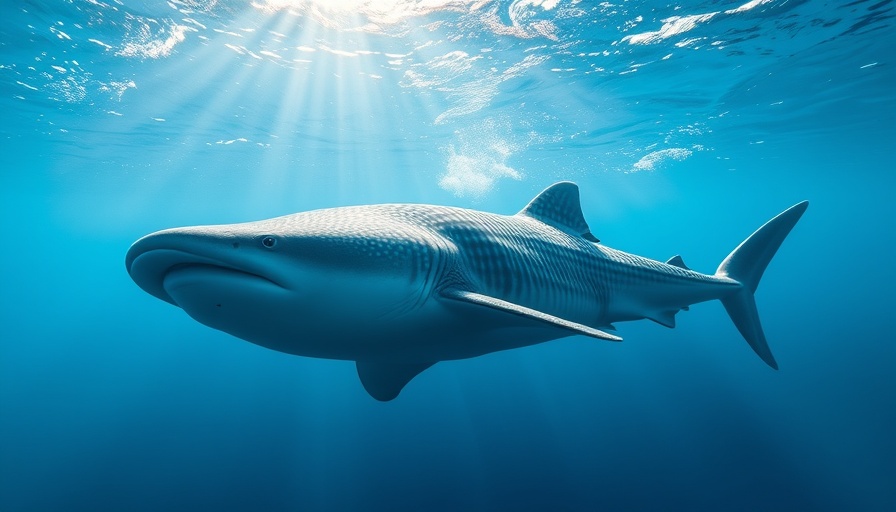
Saving Our Oceans: The Vital Role of a Sustainable Blue Economy
The health of our oceans is increasingly at risk due to a combination of environmental pressures and human activity. Overfishing, plastic pollution, and climate change are just a few of the challenges we face. With billions depending on marine ecosystems for their livelihoods, particularly in developing countries, safeguarding these vital resources is more crucial than ever.
Understanding the Blue Economy
A sustainable blue economy refers to the responsible use of ocean resources to promote economic development while ensuring the protection of marine ecosystems. According to the United Nations, transitioning to such an economy is essential for achieving Sustainable Development Goal 14, which focuses on conserving oceans, seas, and marine resources. The approach balances ecological needs with economic aspirations by integrating traditional sectors like fisheries and tourism with emerging innovations in renewable energy and marine technology.
Building on Success: Case Studies of Sustainability
Positive examples of blue economy initiatives are emerging worldwide. For instance, the World Bank’s PROBLUE fund has successfully mobilized $200 million to support sustainable maritime practices. Similarly, the UN Environment Programme assists governments in implementing effective frameworks to manage maritime resources responsibly. Experiences in Trinidad and Tobago showcase how regulatory and sustainable management can yield benefits both ecologically and economically.
Empowering the Workforce: The Future of Jobs in the Blue Economy
As industries evolve, there will be a need for a workforce adept in technologies related to sustainability. Organizations like the Alliance of Excellence for Research and Innovation on Aephoria (AE4RIA) are already addressing this demand through programs that train individuals in areas such as artificial intelligence and cybersecurity specifically tailored for maritime contexts. The MariTech Talent initiative emphasizes adaptation to meet the future job market's requirements, ensuring that the shift to a blue economy is inclusive and equitable.
The Imperative of Action: Why Investment Matters
Unfortunately, despite its significance, Sustainable Development Goal 14 remains underfunded compared to other global initiatives. This lack of investment, particularly in resource management and infrastructural support, jeopardizes the fulfillment of ambitious climate action goals. Making informed investments in sustainable practices is imperative not only to combat local challenges like plastic pollution but also to influence global climate dynamics.
Personal Responsibility and Community Action
For individuals, adopting sustainable living practices can contribute significantly to marine conservation efforts. This includes reducing plastic use, supporting sustainable seafood options, and participating in community clean-ups. By making conscious choices, you can lower your carbon footprint while advocating for equitable resource management that prioritizes both people and planet.
The Future: Converging Efforts Towards Sustainable Solutions
The transition to a sustainable blue economy is not an isolated endeavor; it requires concerted efforts from governments, businesses, and communities worldwide. As people become more eco-conscious, demand for responsible consumption will likely increase. Collectively, we can carve a path toward a sustainable future where the ocean thrives alongside economic opportunities.
To harness the full potential of our oceans while ensuring their health, we must invest in sustainable practices today. The journey towards a blue economy relies on understanding, collaboration, and determination.
 Add Row
Add Row  Add
Add 



Write A Comment